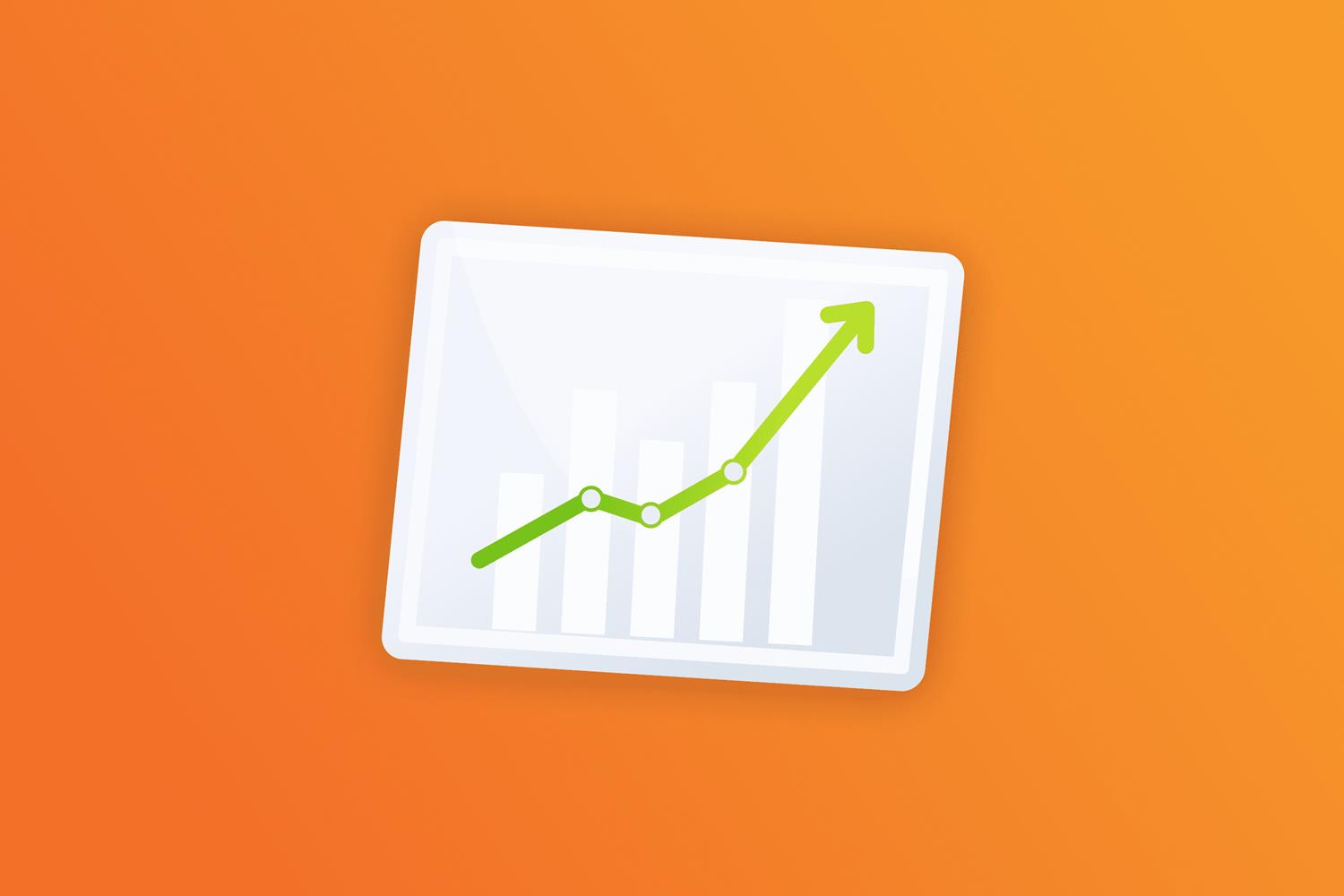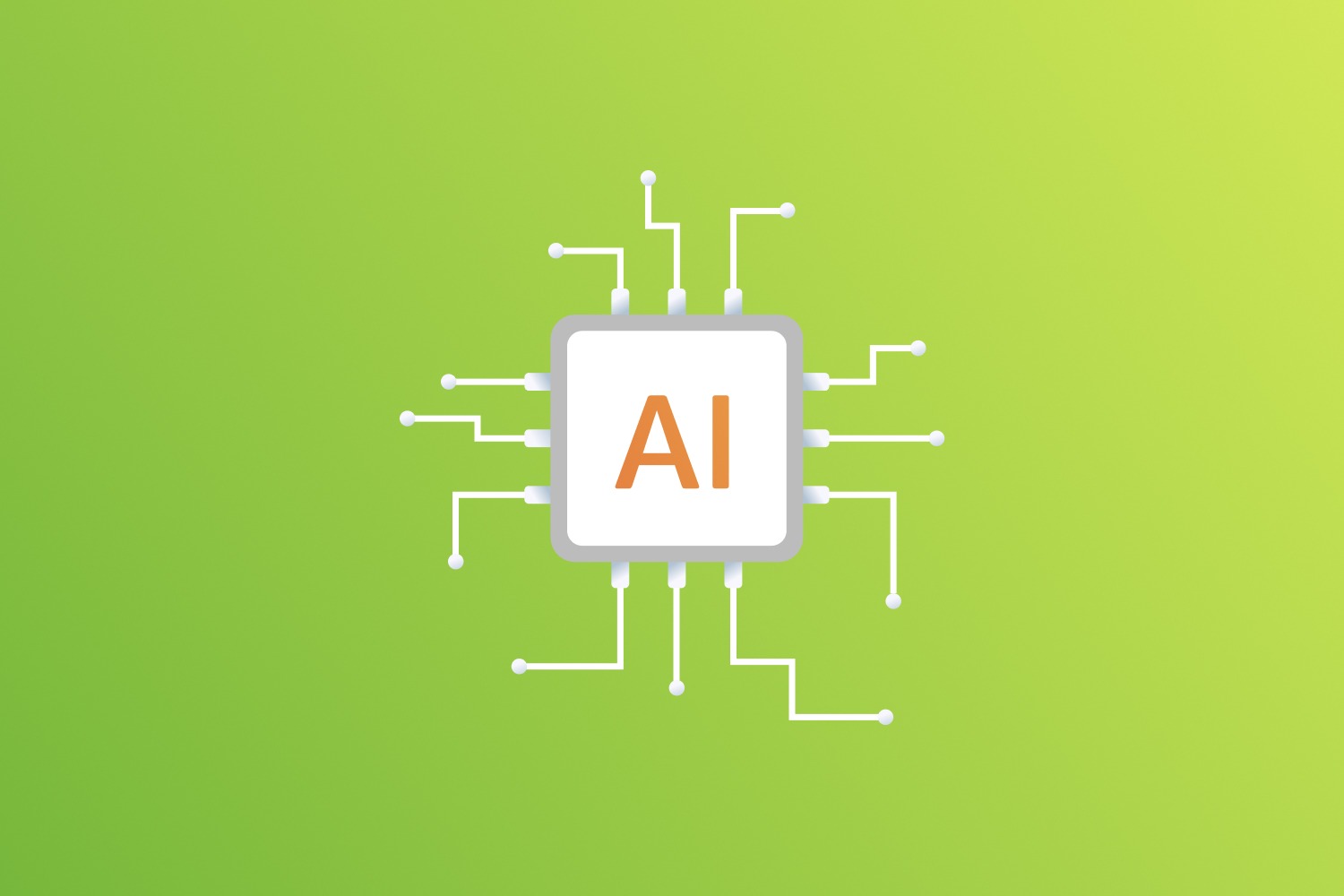Nowadays companies collect information from dozens—sometimes hundreds—of different sources. But how do they bring all that data together in one place, clean and ready for analysis? This is where Data Integration comes in. Let's explore what it's all about, why it matters, and how you can grow in this essential field. Tatsiana Verashchaka, a Lead Software Engineer, will guide us through the details and answer some of the most common questions from novices in the area.
Who are Data Integration Specialists?
Data Integration Specialists play a crucial role in ensuring an organization's data is effectively integrated from various sources (such as cloud platforms, on-premises systems, databases, and applications) into a unified, reliable, and usable format.
These specialists help businesses to:
- Migrate data
- Automate data flows
- Maintain data consistency and accuracy across systems
- Enable faster and smarter decision-making
The demand for data integration specialists has surged in recent years due to several factors: the growing volume and complexity of data, the increasing popularity of cloud computing and the necessity of migrating to cloud platforms, and the need to connect on-premises and cloud-based systems. This demand is further driven by the increasing complexity of data environments and the critical importance of data-driven decision-making.
Data Integration vs. Data Software Engineering: what’s the difference?
At first glance, Data Integration and Data Software Engineering may seem similar—both involve working with data and software systems. However, their focus areas differ
What do Data Integration specialists do?
The day-to-day tasks of a Data Integration Specialist vary significantly based on the specific project. However, some of the most common activities include:
- Mapping and Modeling: Creating detailed mappings of data between source and target systems and designing data models optimized for both integration and storage.
- Designing and Implementing Extract, Transform, Load (ETL) processes: This involves extracting data from various sources, transforming it into a suitable format, and then loading it into a target system or data warehouse.
- Ensuring quality and accuracy of integrated data through essential practices like data cleansing and validation.
- Upholding Security Standards: Guaranteeing that all data integration processes adhere to strict security protocols.
- Process Optimization: Continuously refining and optimizing existing data processes for efficiency and performance.
- Tool and Platform Selection: Researching, selecting, and implementing appropriate tools and platforms for various data integration needs, such as ETL, data replication, or data virtualization.
- Cross-Functional Collaboration: Working closely with diverse teams, including data analysts, database administrators, and business stakeholders, to fully understand integration requirements and develop effective solutions.
- Documenting data integration processes, configurations, and solutions for further maintenance and troubleshooting.
Interesting Challenges on Real Projects in Data Integration
Data Integration specialists face a variety of technical and creative challenges in their day-to-day work. Drawing from real project experiences, here are some examples that highlight the problem-solving nature of this role:
- Optimizing Slow File Downloads: On one project, downloading large files via SFTP took over five hours. By splitting the files into chunks and downloading them in parallel using Python libraries like Paramiko and processing frameworks such as PySpark, the total download time was dramatically reduced to just 40 minutes.
- Collecting Data from Legacy Systems: Accessing data from outdated WSDL web services was a complex task. Using the appropriate Python libraries, data collection was streamlined and made more reliable, enabling smooth integration despite the legacy system constraints.
- Improving Deployment Automation: An older deployment process involved manually moving files to AWS S3 before release. By rewriting the deployment script in bash, this workflow was fully automated, resulting in faster, more efficient, and error-resistant deployments.
How to stay in demand as a Data Integration Specialist
The technology landscape in data integration is constantly evolving. Staying up to date with the latest tools, languages, and best practices is essential. Here are key areas for Data Integration specialists to focus on today:
- SQL and Data Modeling: Mastery of SQL and solid understanding of data modeling concepts remain foundational for querying, transforming, and optimizing data.
- ETL Tools and Relational Databases: Familiarity with popular ETL platforms like Informatica, Talend, Apache NiFi, and AWS Glue, alongside relational databases, is critical.
- Data Warehousing: Knowledge of cloud data warehouse solutions such as Amazon Redshift, Google BigQuery, and Snowflake, including design and implementation principles.
- Cloud Platforms: Proficiency with AWS, Azure, and Google Cloud services tailored to data integration needs.
- Programming Languages: Python is especially valuable for scripting and automation in integration tasks.
- Data Formats and Protocols: Understanding JSON, XML, Avro, Parquet, and protocols like REST, SOAP, and GraphQL is necessary for effective data exchange.
- Streaming Data: Exposure to streaming platforms like Apache Kafka, Apache Flink, and AWS Kinesis supports real-time data integration.
- Security: Implementing secure data workflows and complying with regulations ensures data integrity and privacy.
- Automation & Orchestration: Tools such as Apache Airflow and AWS Step Functions help automate complex workflows.
- Version Control & Containerization: Skills in Git, Docker, and Kubernetes enable better collaboration and deployment.
Career growth: where can you go from here?
The experience you gain as a Data Integration specialist can be a solid stepping stone to a variety of advanced roles. For instance, with some programming skills, you can readily transition into a Data Software Engineer position, taking on a more diverse range of tasks. Your strong foundation in database operations paves the way to becoming a Database Administrator. If you develop a good understanding of data analysis and reporting, roles like Business Intelligence Analyst or Data Analytics & Visualization Specialist become accessible. Furthermore, a comprehensive grasp of various technologies and the ability to design architectures that align with business objectives can lead you to a Solution Architect role, and additional cloud platform experience could even make you a Cloud Solutions Architect. Delving deeper into CI/CD processes and gaining expertise in that area might lead you to consider becoming a DevOps Engineer. While a transition to Data Scientist is also possible, it typically requires further study in statistical analysis, machine learning, and data visualization.
The inspirations of a Data Integration specialist: Tatsiana Verashchaka insights
If someone were to ask me what inspires me in my work after many years in the profession, I would mention at least four main things that fill me with energy and enthusiasm every morning of a new working day. The first is the uniqueness of every project—with its own domain and challenges—which gives me a chance to sharpen my technical skills and creativity, as well as to find new workflows and enhance data quality. The second is expanding my expertise. The overlap between data integration and data engineering allows me to apply my skills across multiple roles and projects. Also, Data Integration specialists never work in isolation; they closely collaborate with business analysts, data scientists, and other stakeholders, which broadens my perspective and helps to boost cross-team collaboration skills. Last but not least is seeing the real impact: the improvements in data accessibility and quality directly contribute to smarter business decisions and more efficient operations. This is all thanks to Data Integration specialists
If you are detail-oriented, enjoy solving puzzles, and have a passion for making data work better, a career in Data Integration might be your perfect fit. This dynamic field offers constant learning, diverse challenges, and significant opportunities to grow and make meaningful business impact.








